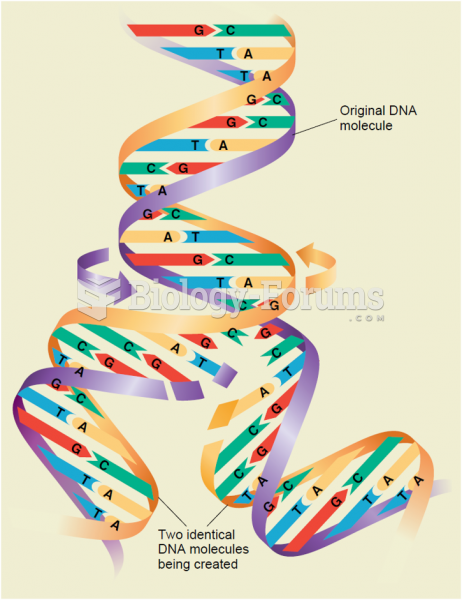|
|
|
Did you know?
Bacteria have flourished on the earth for over three billion years. They were the first life forms on the planet.
Did you know?
Aspirin is the most widely used drug in the world. It has even been recognized as such by the Guinness Book of World Records.
Did you know?
During the twentieth century, a variant of the metric system was used in Russia and France in which the base unit of mass was the tonne. Instead of kilograms, this system used millitonnes (mt).
Did you know?
In Eastern Europe and Russia, interferon is administered intranasally in varied doses for the common cold and influenza. It is claimed that this treatment can lower the risk of infection by as much as 60–70%.
Did you know?
Blood is approximately twice as thick as water because of the cells and other components found in it.
 The violation of mores is a serious matter. In this case, it is serious enough that security at an ...
The violation of mores is a serious matter. In this case, it is serious enough that security at an ...
 Using a bright light makes seeing where the smoke is coming from easier. In this case, smoke was ...
Using a bright light makes seeing where the smoke is coming from easier. In this case, smoke was ...





